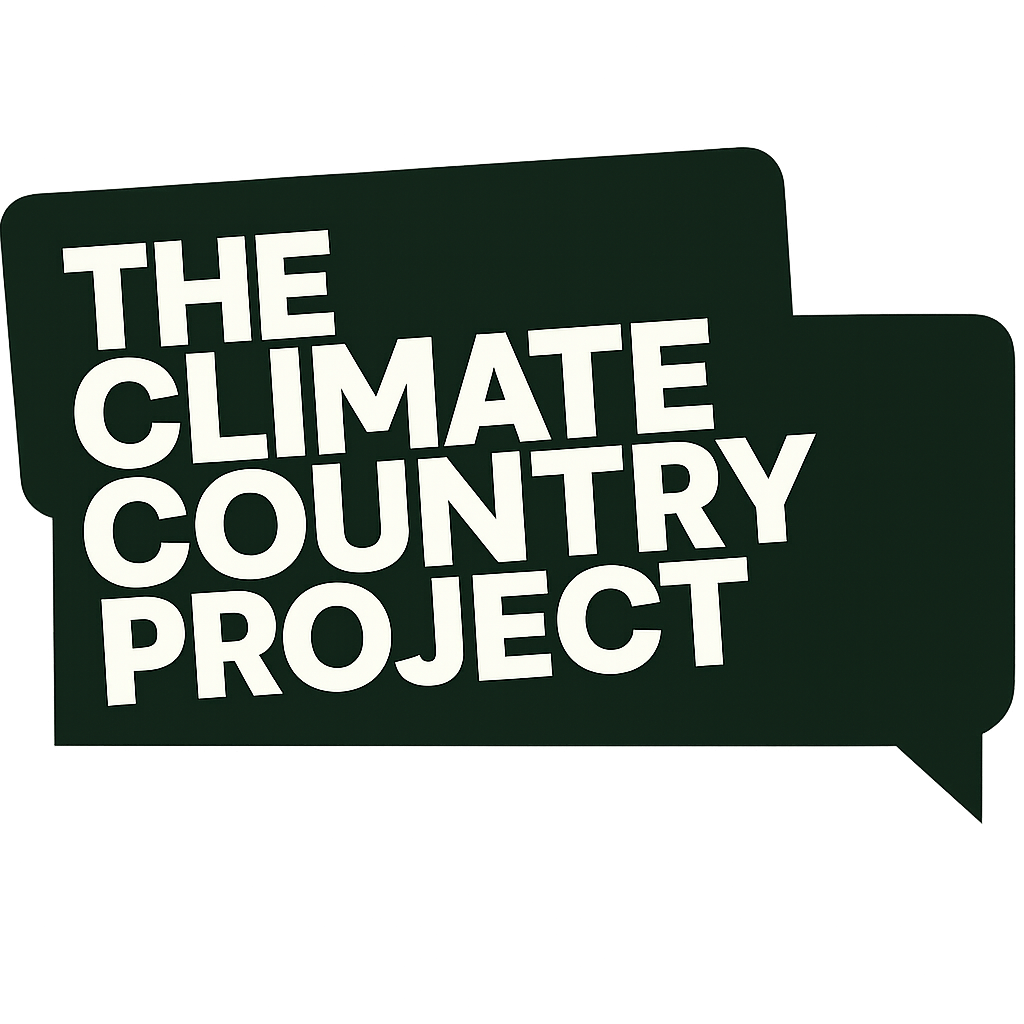By co-researching with Indigenous and non-Indigenous children, youth, and Elders across Australia and Canada, this project conceptualises and advances climate change education with Country. Climate change education is not adequately understood within Western science. Western perspectives on climate crises are in deep contrast to Indigenous perspectives enmeshed in continuous storying with descendants, ancestors, and Country. Collaborating with Elders, this project will generate child and youth-led transcultural curriculum and pedagogical understandings of climate change education with Country. It delivers on the United Nations Convention on Climate Change through corresponding quality education.
Youth
for Climate
Country
Acknowledgement of Country
We acknowledge and pay respect to the ancestors, Elders and descendants of the Countries on which this project takes place. In South-East Queesland, Australia, that is unceded Yugambeh Country and Yuggera Country. In Vancouver, Canada, that is the traditional and unceded territories of the Coast Salish peoples – xʷməθkʷəy̓əm (Musqueam), sel̓íl̓witulh (Tsleil-Waututh), and sḵwx̱wú7mesh (Squamish) nations. We also acknowledge that both Australia and Canada are unceded and always were and always will be Aboriginal/First Nations Land.
Artwork by Sheldon Harrington
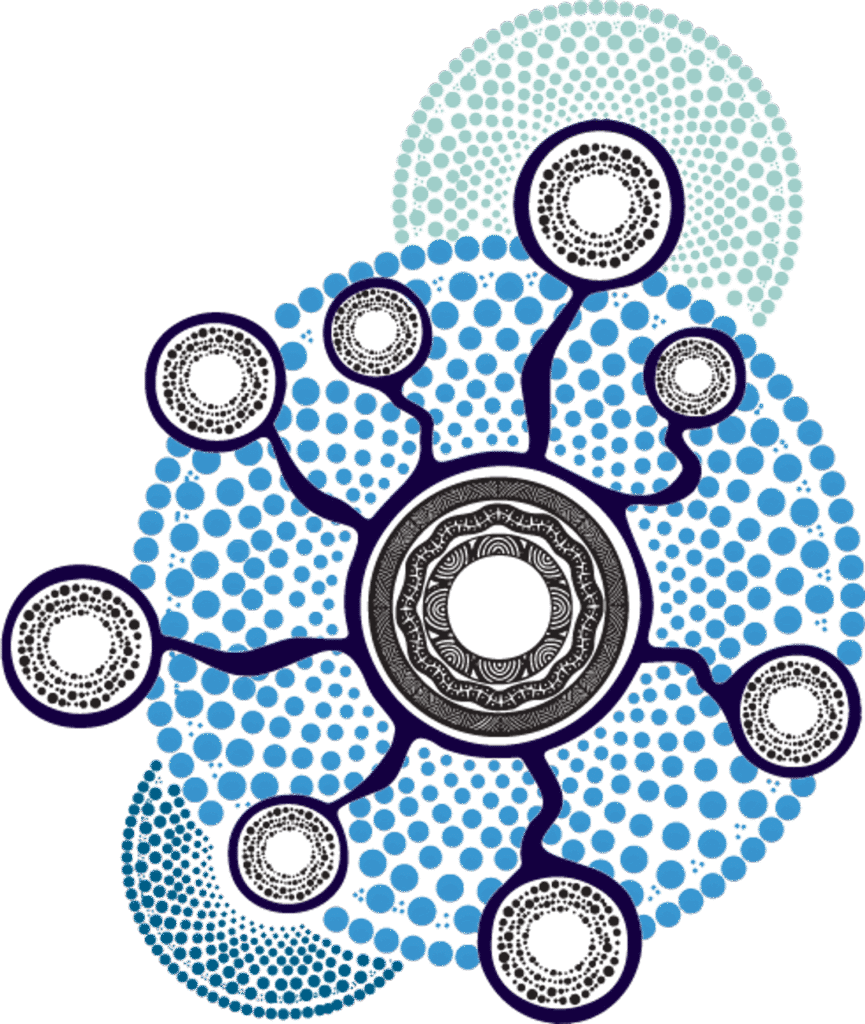




THE PROJECT
Advancing Child and
Youth-Led
Climate Change Education with Country
Australia is a signatory to the United Nations Framework Convention on Climate Change (UNFCC, 1992) with obligations to develop ensuing climate change education policy. However, there is currently no Australian government climate change education policy nor corresponding school-based curriculum and pedagogy. This project aims to advance climate change education by co-researching with Indigenous and non-Indigenous children, youth, and Elders across Australia and Canada.
The researchers will map young people’s complex climate change understandings, by collecting and sharing community knowledge through story. To do this, the research team have designed a five-phase research study whereby 200 young people (100 in Australia and 100 in Canada) are conducting collective and independent research using a supplied device (tablet) and visual diary to capture children, young people and their community’s understandings of climate change. This involves a combination of ethnographic interviews, video diaries, drawing, film, photography, painting, storytelling, language, and poetry.
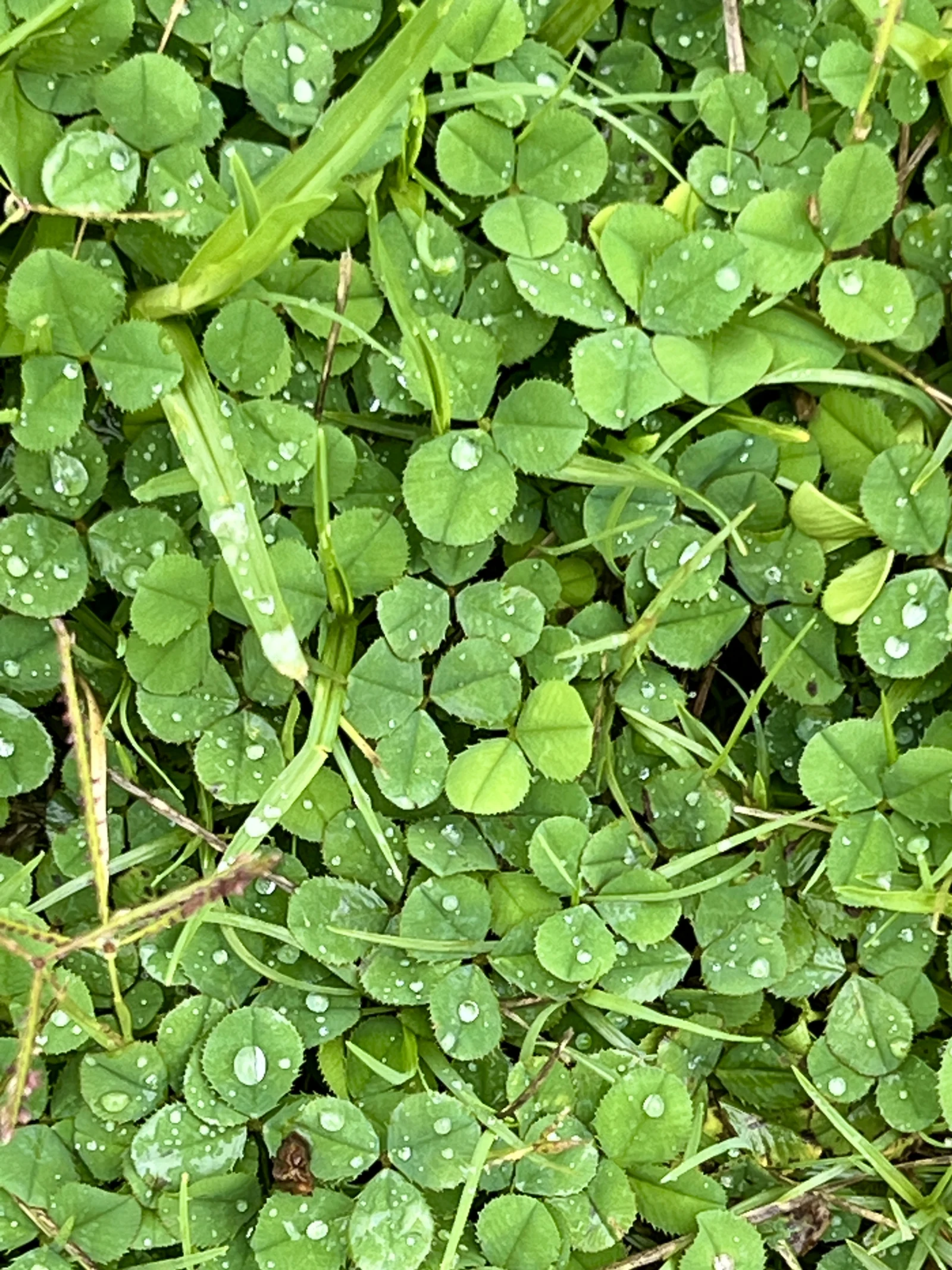

Climate Change Education is in its Infancy
Hangout Spaces
A dedicated space for young voices to share insights, questions, and creative ideas about climate, Country, and community. Here, children and youth lead the conversation—shaping futures through story, art, and collaborative learning.
Click one of the hangout spaces below to share your thoughts, ideas, wonderings and matterings
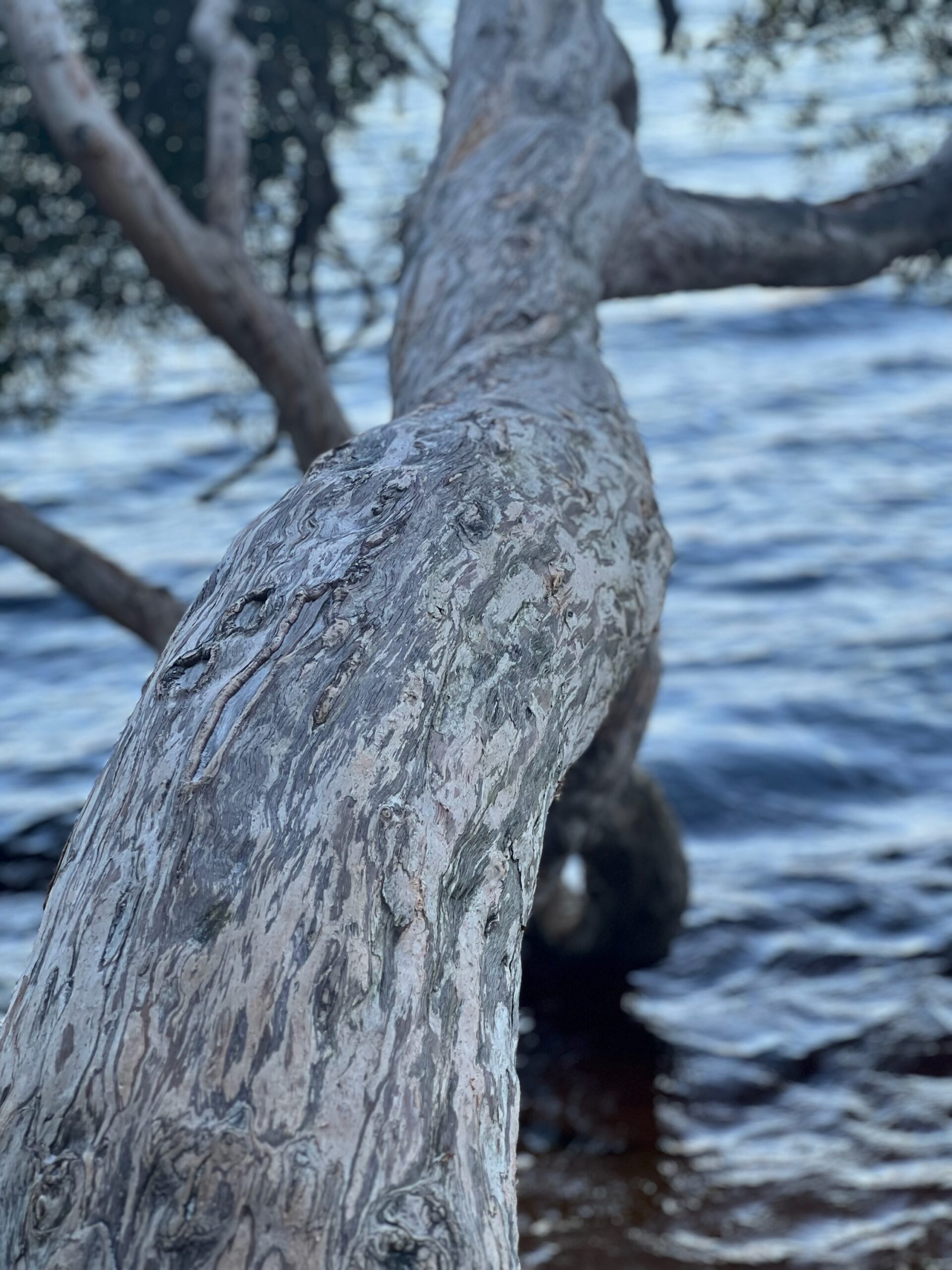
Research Aims
Understanding
Map Indigenous and non-Indigenous child and youth complex climate change understandings;
Conceptualisation
Generate and advance new conceptualisations of climate change education with Indigenous and non-Indigenous children and youth across Australia and Canada;
Innovation
Forge new climate change education philosophical and methodological innovation through participatory collaborative research with children, Elders and Country;
Transformation
Support transcultural modes of climate change education with Country, shifting societies along more sustainable and resilient paths; and,
Integration
Co-design a child-led climate change education policy statement and corresponding curriculum and pedagogical framework, connecting Western science (i.e., STEM) and Indigenous knowledges for teaching and learning climate change education in the primary and secondary school years.
Our Teams of Dedicated Researchers

Prof Amy Cutter-Mackenzie-Knowles
Chief Investigator – Southern Cross University

Prof Tracey Bunda
Chief Investigator – The University of Queensland
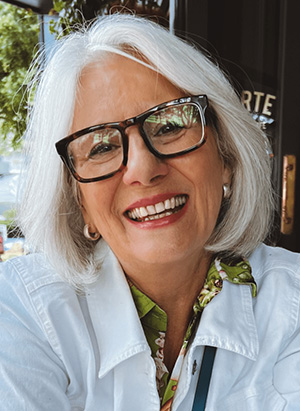
Prof Alexandra Lasczik
Chief Investigator – Southern Cross University

Prof Kim Snepvangers
Chief Investigator – Southern Cross University
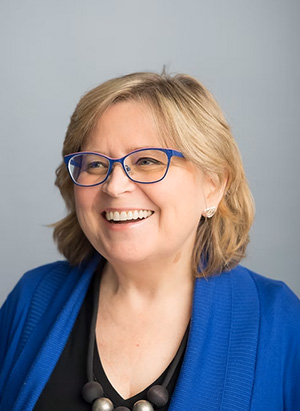
Prof Dr Rita Irwin
Partner Investigator – The University of British Columbia
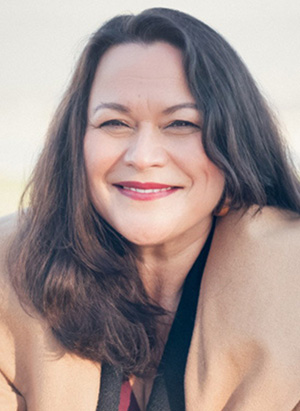
Dr Shannon Leddy
Partner Investigator – The University of British Columbia

Prof Robin Shields
Chief Investigator – The University of Queensland
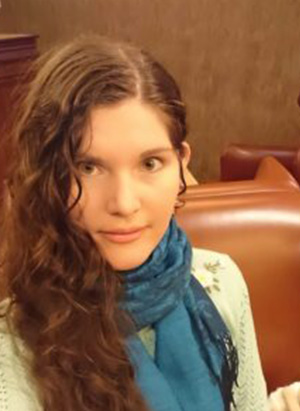
Dr Chantelle Bayes
Postdoctoral Research Fellow – Southern Cross University
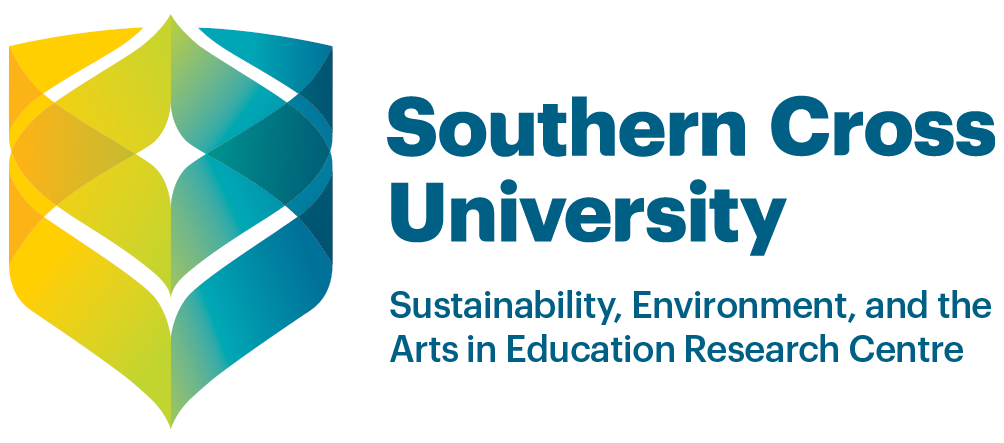
This project is part of the ongoing work and shared ethos of the Sustainability, Environment, and the Arts in Education (SEAE) Research Centre at Southern Cross University.
The SEAE Research Centre brings together researchers, educators, and artists working at the intersection of sustainability, environmental futures, social justice, and the arts. Our work contributes to these wider conversations by exploring creative, critical, and community-led approaches to change. Find out more about SEAE at Southern Cross University
